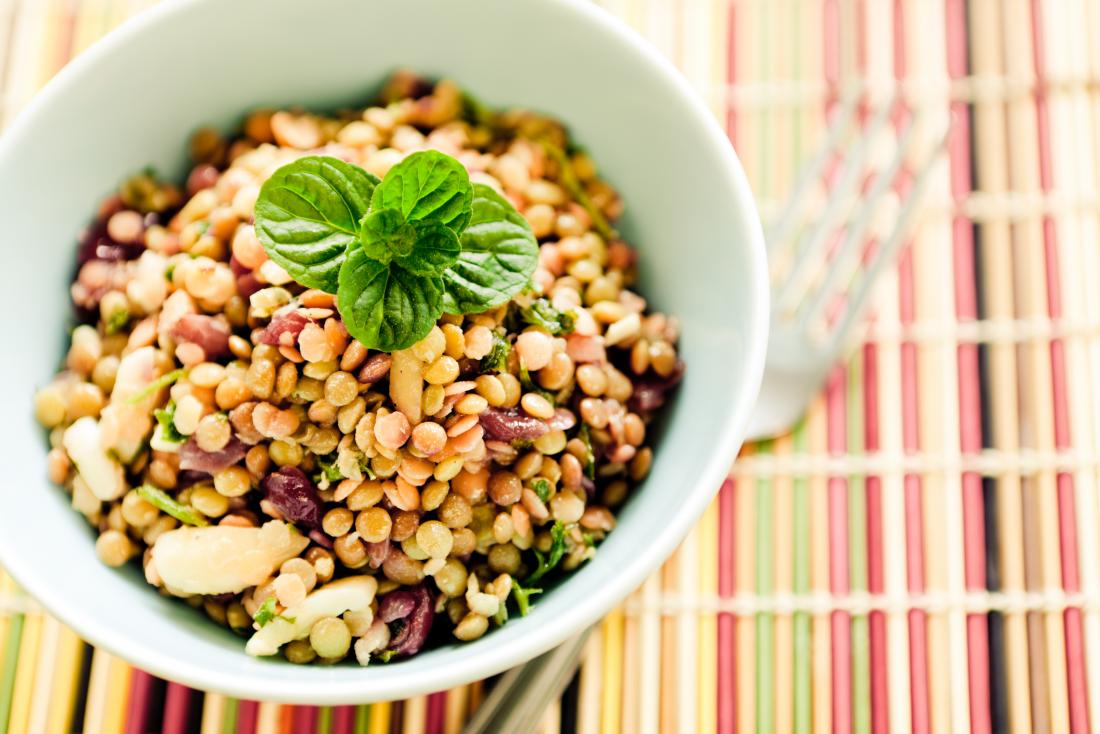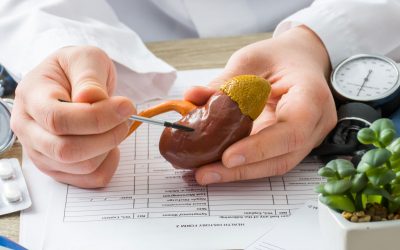Blog Category : Pancreatic Transplant
Healthy foods to eat after Pancreatic Transplant

A pancreas transplant is a surgery that involves the placement of a healthy pancreas of the donor into an individual (recipient) whose pancreas no longer produces insulin. Mostly, pancreatic transplantation is performed in individuals with type 1 diabetes. Type 1 diabetes is generally associated with end-stage renal disease. Likewise, an individual who needs a pancreas transplant may need a kidney transplant.
Pancreas transplantation is mainly classified into four categories; Pancreas alone transplant, Pancreas-kidney transplant, Pancreas after kidney transplant, and deceased donor pancreas and live donor kidney transplants. However, undergoing any type of transplantation makes it necessary for the patient to maintain a healthy and balanced diet post-surgery. Good nutrition and proper diet play a vital role in healthy recovery.
A healthy and well-balanced diet plan will prevent high bold pressure, excess weight gain, high blood sugar, infections, post-surgery complications, and overall health. The diet plan prescribed by the nutrition specialist may include:
- Eating at least 5 or more servings of fruits and vegetables each day.
- Small meals throughout the day can be more beneficial than the traditional three meals per day plan.
- Intake of whole-grain bread and cereals can give essential vitamin B and minerals.
- Intake of fresh fruits like bananas, blueberries, and red berries is beneficial. They provide calories and vitamins necessary for the body. Avoid grapefruit, grapefruit juices, and pomegranates as they affect the immunosuppressive medications.
- Eat plenty of vegetables like lettuce, spinach, garlic, onion, and potatoes as they can provide potassium to the body.
- Eat peanut butter, nuts, tofu, and dried beans as they are high in proteins.
- Eat meats like beef, pork, poultry, and fish as they are high in protein. Limit saturated fats like butter and red meat.
- Eating low -fat dairy products or drinking low-fat milk can help to maintain calcium levels of the body.
- Dairy products like mild cheese and fresh yogurt can be a good option to increase protein intake to help overcome muscle breakdown.
- Avoid concentrated carbohydrates like syrups, jams, jellies, marmalades, cookies, candies, puddings, sherbert, frozen fruits, or juices with added sugar and sweet rolls.
- Artificially sweetened and sugary foods should be avoided as they do not provide any nutrition. They can increase complications.
- Use of coconut oil and palm kernel oil can be beneficial as they do not require pancreatic enzymes to be digested.
- Use fresh herbs and spices and avoid processed food as they have a high concentration of salt and sodium. Greasy fried foods like burgers, pizzas, and onion rings should be avoided.
- Drink plenty of water and other fluids as they keep the body hydrated. Freshly squeezed juices can be a good option as they provide essential vitamins. Carbonated beverages like sodas should be avoided.
Following the diet plan can be a booster for rapid growth and healthy recovery. Along with a good diet plan, it is necessary to exercise regularly to improve physical and mental health. After the transplant, exercising helps to maintain a healthy weight and reduces stress. A good diet and regular exercise can lead to overall healthy growth.
Was this blog helpful for you?
[WPAC_LIKE_SYSTEM]
Written By
Was this blog helpful for you?
[WPAC_LIKE_SYSTEM]
Similar Blogs
Kidney Transplant – Common Myths & Facts about Transplantation
Transplantation is a treatment, not a cure. A kidney is an organ that filters waste from the blood and other fluids, and thereby removes it from the body in the form of urine....
Kidney Transplant – Common Myths & Facts about Transplantation
Transplantation is a treatment, not a cure. A kidney is an organ that filters waste from the blood and other fluids, and thereby removes it from the body in the form of urine....
Reviews All Reviews
“I was diagnosed with Liver Cirrhosis in March 2016 in Sangali City. I was absolutely shocked, as I never expected this to happen to that and me to this soon. We met Dr. Bipin B Vibhute and he answered all our queries and questions with absolute patience that we understood I need a transplant.”
“A broken marriage followed by self-pity made me a drunker. Excessive consumption of alcohol was the reason due to which my liver got damaged. The damage was so severe that a liver transplant was the only option if I wanted to live. I have been extremely fortunate to get three chances in life. I have been…”
Doctors Meet Our Team






